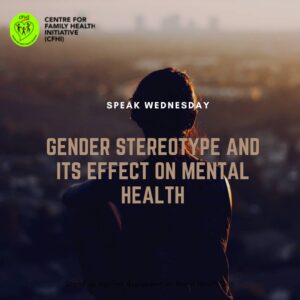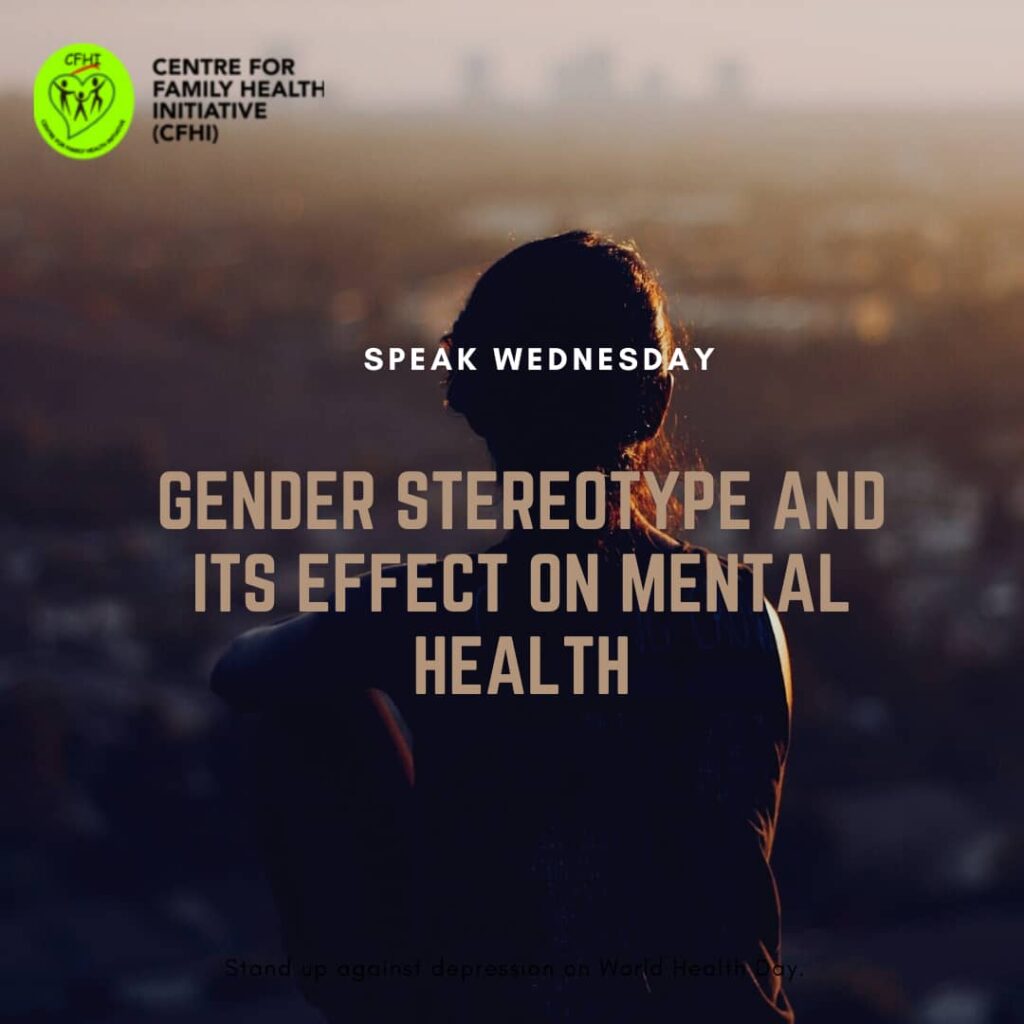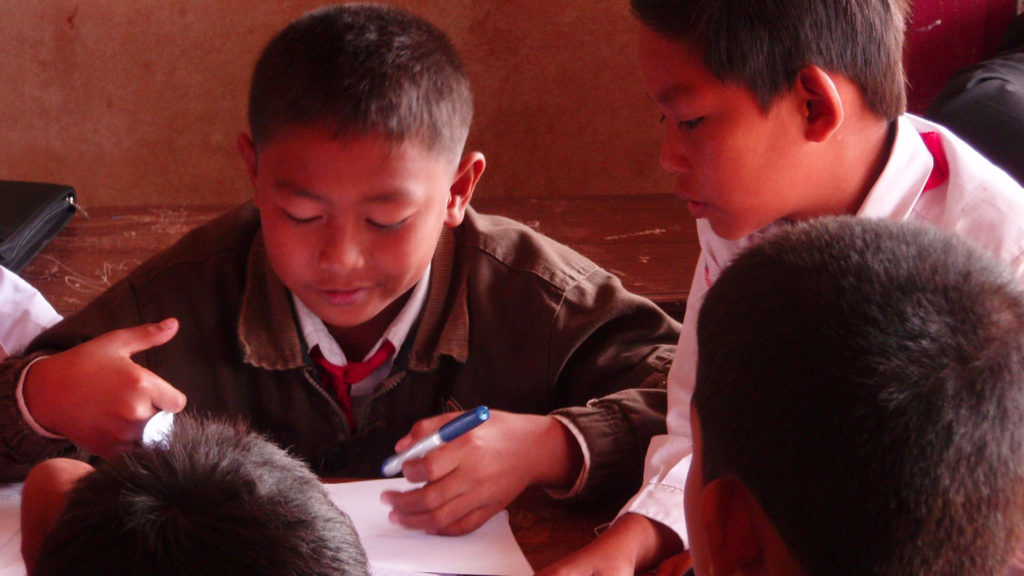The United Nations defined gender stereotype as a preconception about attributes or characteristics, or the roles that are or ought to be possessed by, or performed by, women and men. A gender stereotype is harmful when it limits women’s capacity to develop their personal abilities, pursue their professional careers and/or make choices about their lives.
Example includes exposure to higher rates of sexual assault, gender-based violence, not criminalizing marital rape, sexualizing women, believing that victims of sexual violence agreed to sexual acts, lower rates on education, employment, inclusion in leadership et al.
A Medical News Today’s article reviewed in June 2021, reported that studies have shown a link between experiencing discrimination and mental health symptoms. Sexism also exposes people to many risk factors of mental health conditions, including chronic stress, negative self-image, and trauma. Furthermore, exposure to socioeconomic inequality and harmful messages in the media can lead to women developing mental conditions.
Other psychological effects of gender stereotyping include depression, anxiety, insomnia, anger, sadness, post-traumatic stress disorder and more.
In anticipation of the World Mental Health Day 2022, the Centre for Family Health Initiative enjoins all to learn, speak up and always condemn gender stereotyping.
Speak Wednesday is an initiative of CFHI to address issues around gender-based violence and gender bias.
- #SpeakWednesday #Genderstereotype #Genderrights #Genderequality #mentalhealth



